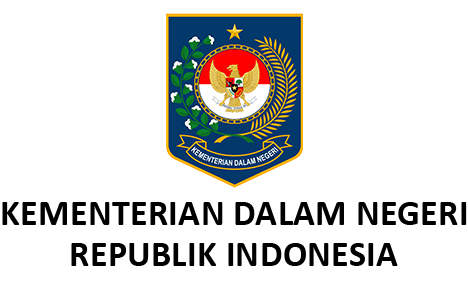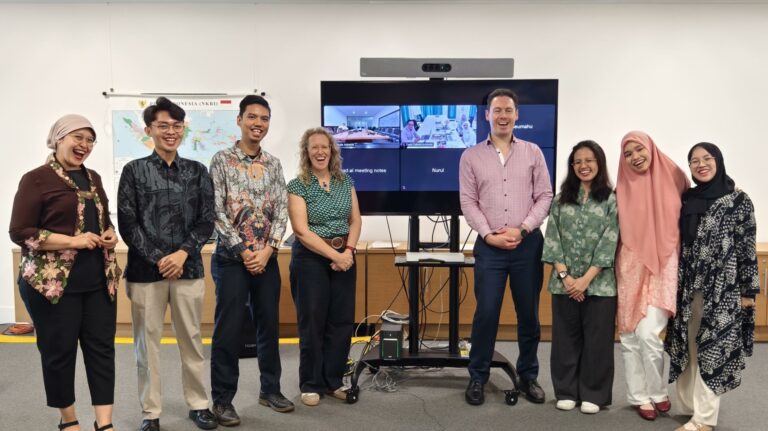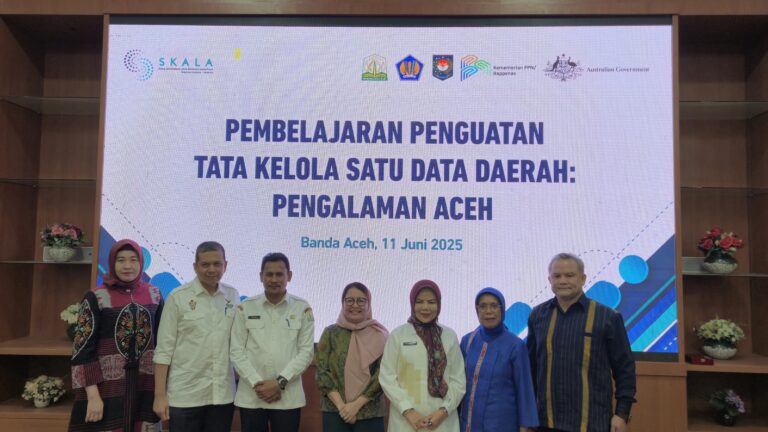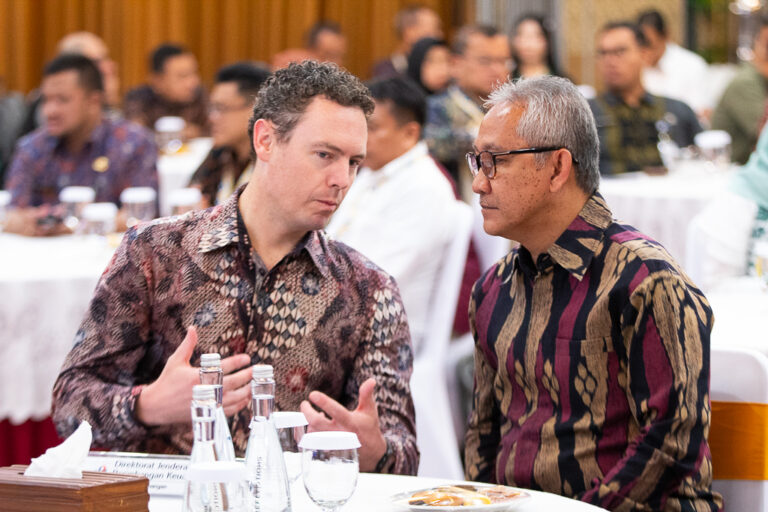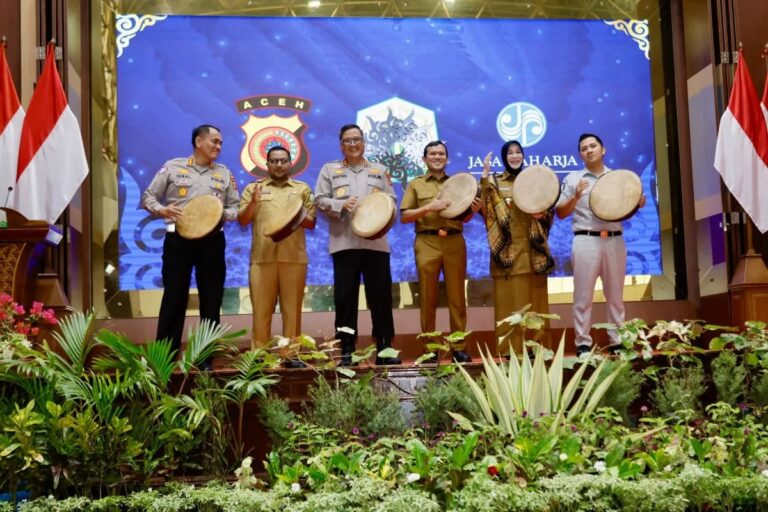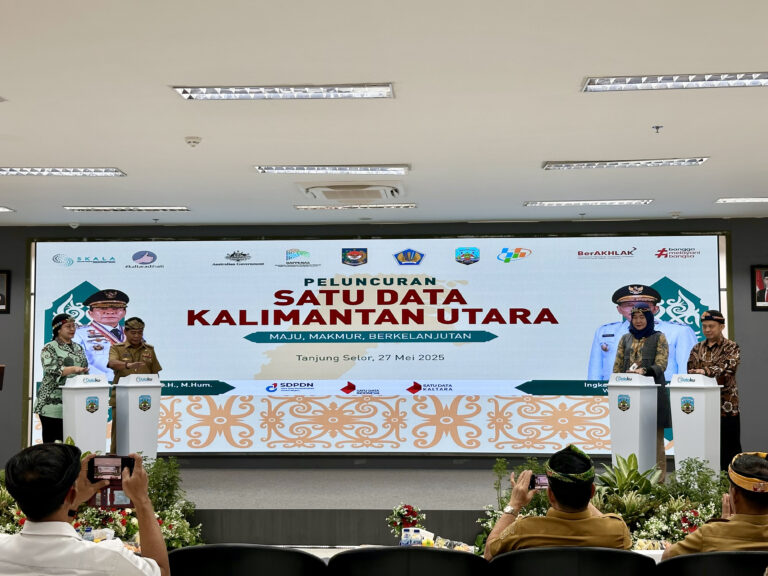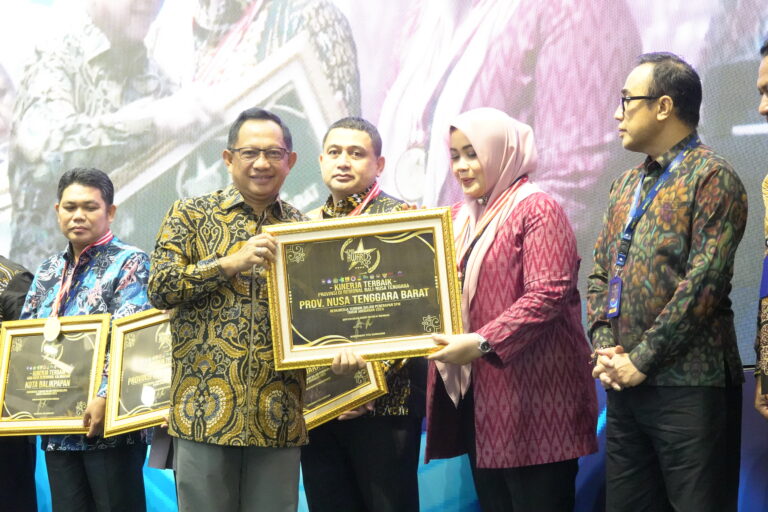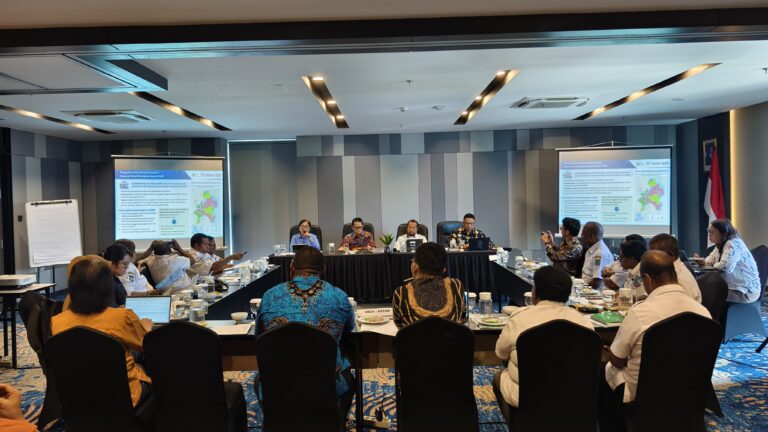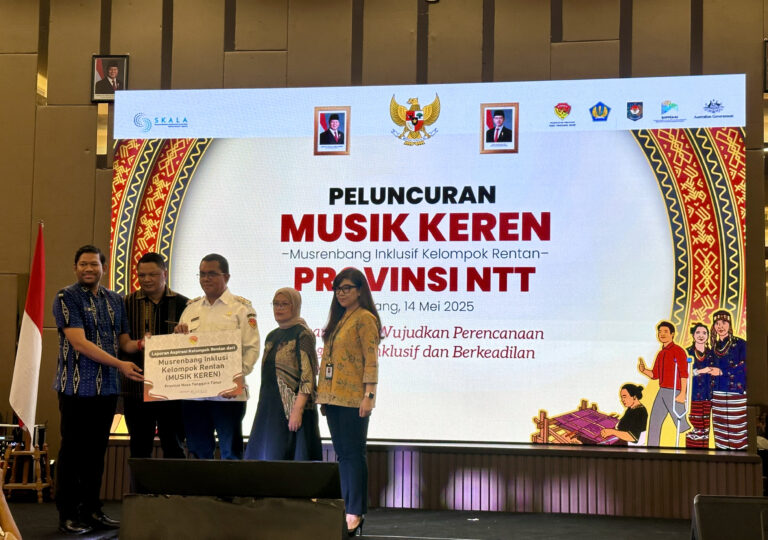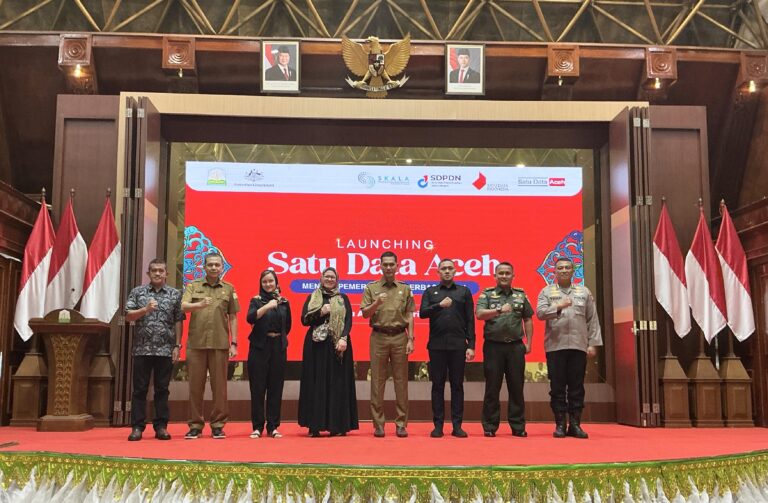SKALA Internship: Preparing Young Talents for Inclusive Development Partnerships
The SKALA Internship Program empowers Indonesia’s next generation of leaders by providing hands-on experience in inclusive development and governance. Now in its second year, this highly competitive program selects outstanding university students and recent graduates—like Dara Callista Amanda, a low-vision intern who worked with the North Kalimantan Government—to engage with real-world policymaking and civil society collaboration. With placements across Jakarta,
Read MoreMarking Progress, Accelerating Impact through the One Data Learning Forum
The One Data Learning Forum held in Aceh from 11–14 June 2025 marked a significant step in Indonesia’s journey toward integrated, data-driven governance. Co-hosted by the Ministry of Home Affairs' Pusdatin and supported by the SKALA Program, the forum brought together representatives from Aceh, NTT, Gorontalo, and Maluku to share innovations and challenges in implementing the One Data Indonesia initiative.
Read MoreSPEKTRA Strengthens Regional Fiscal Capacity to Navigate Global Challenges
Amid global economic uncertainty, Indonesia is accelerating fiscal reform through SPEKTRA—a national training initiative led by the Ministry of Finance’s DJPK and supported by the Australia–Indonesia SKALA Program. Held in June 2025, SPEKTRA equipped subnational officials from 27 regions with tools to align regional budgets with national fiscal strategies, such as the KEM–PPKF. As Indonesia prepares its 2026 local development
Read MoreAceh’s Vehicle Tax Incentives Put Persons with Disabilities in the Driver’s Seat
Aceh is setting new standards in inclusive governance with the launch of integrated SAMSAT (One-stop Administration Services Office) services and vehicle tax incentives for persons with disabilities, supported by the SKALA program. Announced on 27 May 2025, the initiative reflects Aceh’s commitment to accessible public services and fiscal resilience while offering up to 50% vehicle tax reduction to persons with
Read MoreLaying the Foundation for Data-Informed Planning in North Kalimantan
On 27 May 2025, North Kalimantan launched the Kaltara Satu Data Platform and Sidara Cantik 2.0 to strengthen data-informed planning and inclusive development. As one of Indonesia’s newest provinces, Kaltara is aligning with national policies—Satu Data Indonesia and SDPDN—to ensure accurate, integrated, and accessible data supports more effective governance. Backed by over 1,900 verified datasets and strong collaboration between Bappeda,
Read MoreSPM Awards 2025: Championing Local Innovation to Reach the Most Vulnerable
The SPM (Standar Pelayanan Minimal or Minimum Service Standards) Awards 2025, held in Jakarta by Indonesia’s Ministry of Home Affairs, spotlighted outstanding local government innovations in delivering basic services across six critical sectors: education, health, public works, housing, public safety, and social services. With 44 local governments achieving full compliance status, the awards recognized excellence despite fiscal constraints, showcasing examples
Read MoreBuilding an Inclusive Future Through Knowledge Management in Papua Barat Daya
As one of Indonesia’s newest provinces, Papua Barat Daya is investing in inclusive development by strengthening its knowledge management systems. With support from Bappenas and the Australia–Indonesia Partnership Program SKALA, the province is establishing a Knowledge Management Center (KMC) to collect, share, and apply local knowledge for better policy decisions. By transforming data and experience into actionable insights, Papua Barat
Read MoreFrom the Margins to the Mainstage: NTT’s Bold Step Toward Inclusive Development
East Nusa Tenggara (NTT) is setting a new standard for inclusive development with the launch of MUSIK KEREN—Musyawarah Perencanaan Pembangunan Inklusif Kelompok Rentan. Officially anchored in Governor Regulation No. 2 of 2025 and supported by the SKALA Program, this groundbreaking forum ensures that the voices of women, persons with disabilities, children, the elderly, and other vulnerable groups are systematically integrated
Read MoreOne Data Aceh: Improving Basic Services and Data-Driven Governance
The Aceh One Data Portal (satudata.acehprov.go.id) is a provincial initiative to strengthen data governance and enhance the delivery of basic services through an integrated data platform. Launched on 29 April 2025, the portal consolidates statistical and geospatial data from multiple government agencies to support evidence-based planning, improved inter-agency coordination, and transparent policymaking in Aceh. Aligned with national and provincial regulations,
Read More

